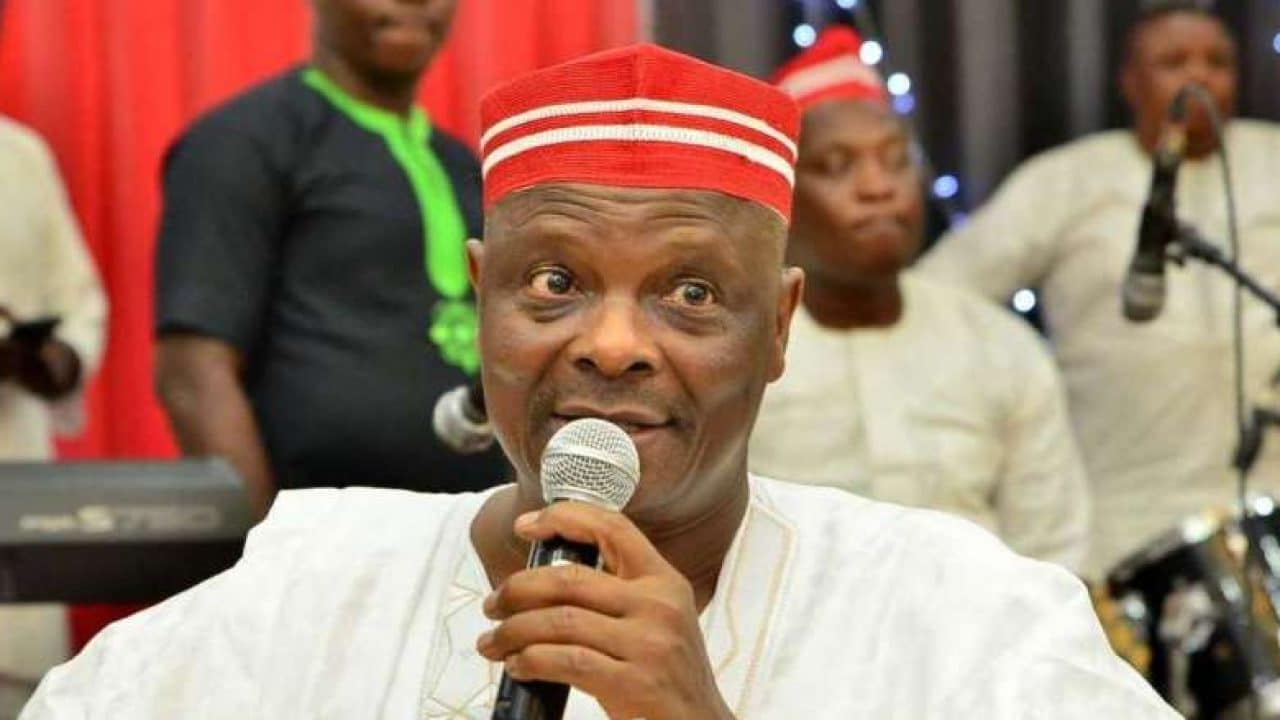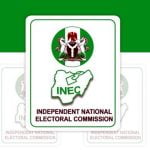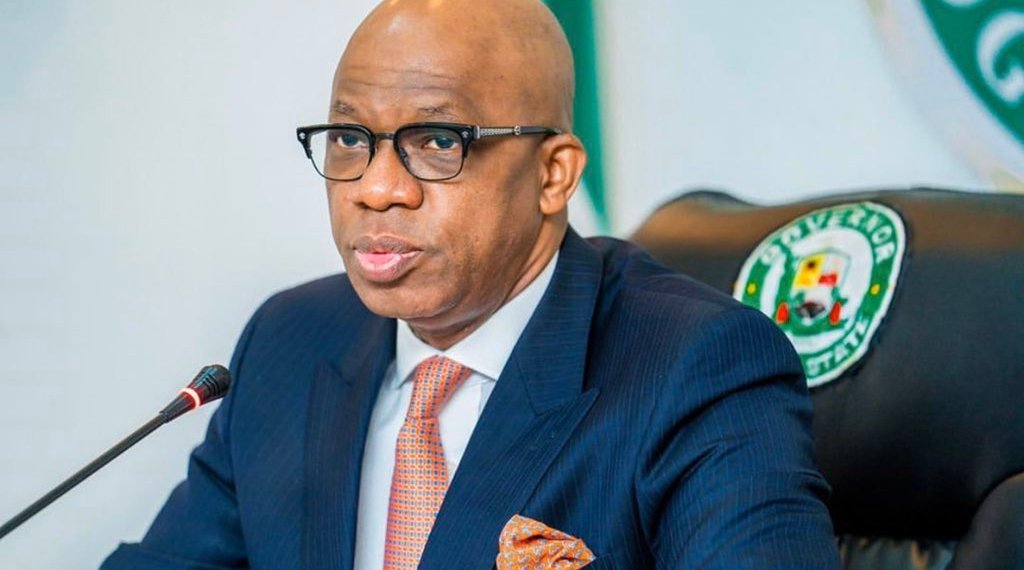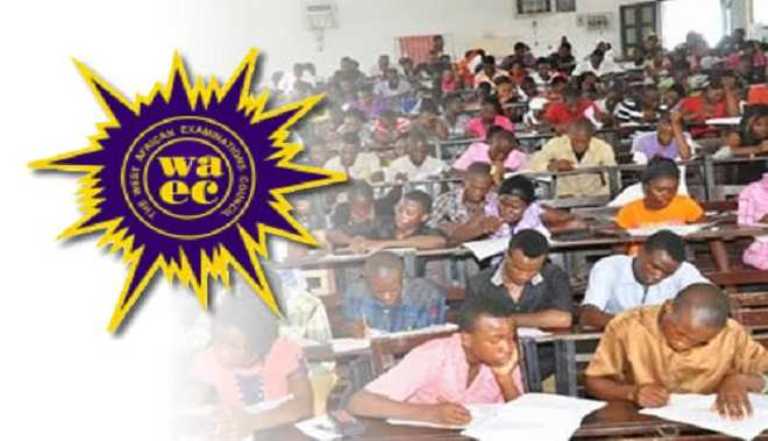Presidential candidate of the New Nigeria People’s Party, NNPP, Rabiu Musa-Kwankwaso, has vowed to reverse the naira redesign policy of the Central Bank of Nigeria, CBN.
The NNPP candidate also promised to tackle insecurity and poverty if elected president in next Saturday’s presidential election.
Kwankwaso made this vow while addressing supporters in Funtua, Katsina State on Tuesday.
He said he would allow Nigerians with the old 200, 500 and 1,000 naira banknotes to deposit them in the banks.
According to him, the implementing the apex bank’s policy in a country like Nigeria where 133 million citizens are poor and the nation’s economic situation is a recipe for crisis, would further put more Nigerians in abject poverty, hunger and untold hardship.
He noted that the policy was targeted at tormenting “poor Nigerians.”
Kwankwaso said his prospective government would end the naira redesign policy and allow Nigerians to deposit the old naira notes in their respective banks.
He said, “We were told that 133 million Nigerians are poor but they introduced a naira redesign policy at this critical period of election. This policy has brought calamity, suffering, hunger and poverty on many poor Nigerians.
“But if you elect me as president of this country and other NNPP candidates, we agreed to end the policy and allow you to take all your old naira notes to banks for deposit and other transactions.
“We at the NNPP plan to provide Nigerians with good governance, restore peace, address insecurity and improve the economy. Nigerians, especially those in Katsina State and other Northern states, have suffered enough. We are on a rescue mission.”
Kwankwaso added that NNPP has the political wherewithal to end insecurity across Nigeria, rebuild the country’s economy and create job opportunities for the teeming unemployed youths in the country.
He promised to recruit more security personnel to fight the upsurge of insecurity and revamp the nation’s educational sector for meaningful development to thrive.







2 Comments